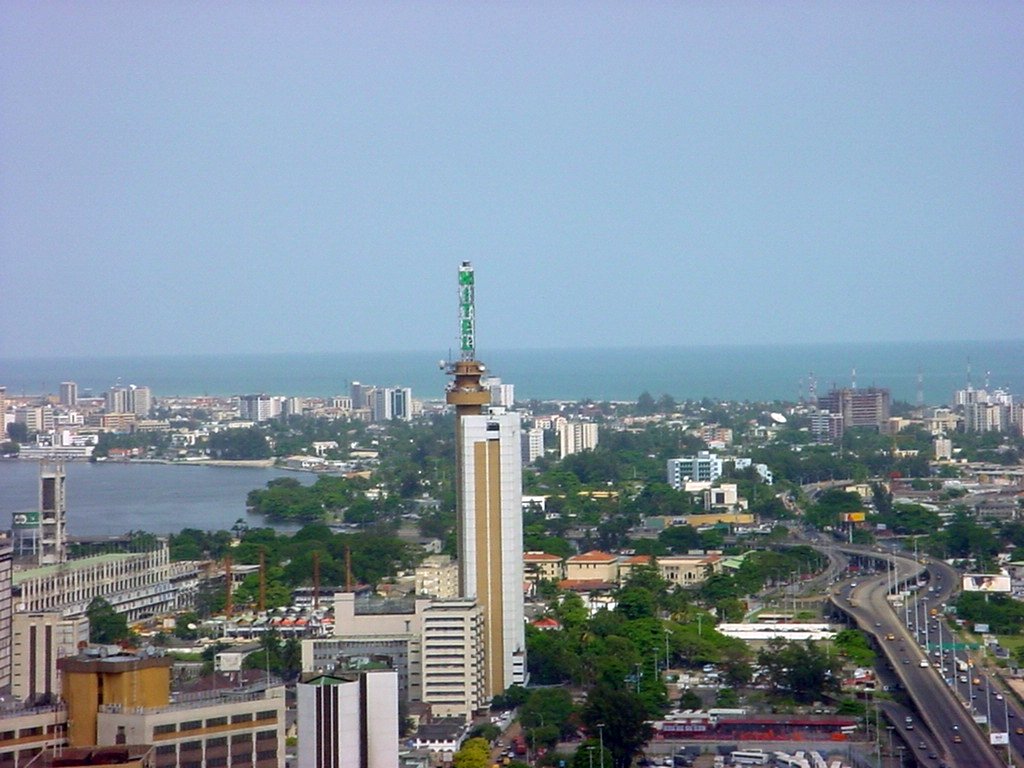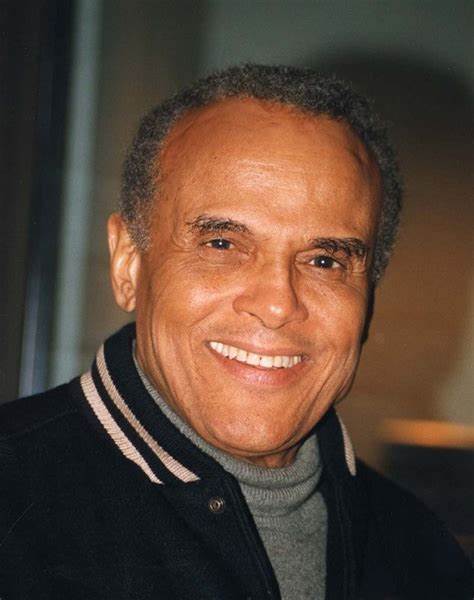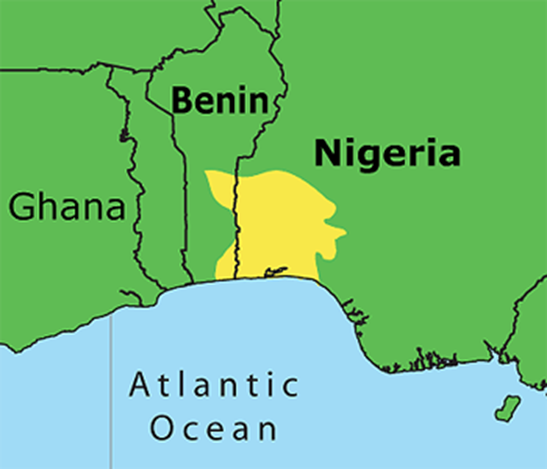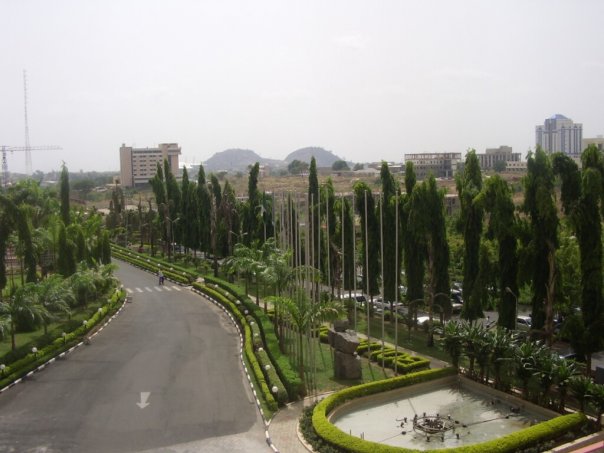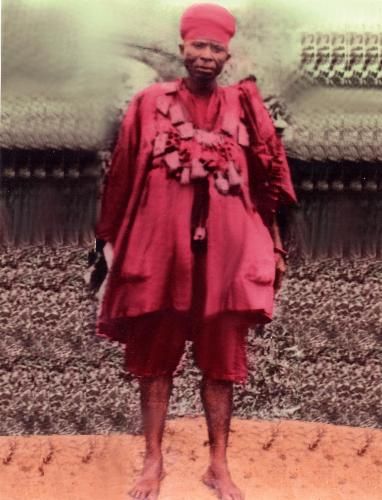Culled from Encyclopaedia Britanica
Lagos, city and state in southwestern Nigeria, located on the coast of the Bight of Benin, is bounded by the state of Ogun to the north and east, the Bight of Benin to the south, and the Republic of Benin to the west. From 1914 to 1954 the area included in the state was administered by the British as part of the colony of Nigeria. The provisions of the 1954 constitution led to the creation of the Federal Territory of Lagos (the 27-square-mile [70-square-km] area of Lagos Island, including the city of Lagos) and to the transfer of the city’s hinterland to the administrative region of Western Nigeria. This arrangement restricted the expansion of Lagos city onto the mainland, however, and in 1967 the creation of Lagos state by the national government restored to the city sovereignty over its hinterland.
The state’s mainly Yoruba population has grown more heterogeneous with the migration of other Nigerians and West Africans to Lagos city. Lagos state’s agricultural and fishing output includes cassava (manioc), palm oil and kernels, coconuts, corn (maize), vegetables, fruits, and fish. These products are collected in the lagoon ports of Badagry, Epe, and Ikorodu and shipped to markets in Lagos city.
Because of the limited space available on the three islands that constitute central Lagos city, industry has been concentrated at estates both inside (Apapa, Ijora, and Yaba) and outside (Ikeja and Mushin) the city, while the central city has increasingly become a commercial, financial, transportation, and service centre. In response to the overcrowding and congestion of Lagos, the federal government selected a new capital site, Abuja, which replaced Lagos as the national capital in December 1991.
The state government centred in Lagos city was shifted to Ikeja in 1976. Additional bridges and feeder roads have also been constructed from the central city to the mainland, and the ports at Apapa and Tin Can Island have been incorporated into the metropolitan area to reduce harbour congestion.
Lagos state is served by a main line of the Nigerian Railways (which has its central yards in Lagos city) and the trunk highway system; Ikorodu, Mushin, and Ikeja are thereby linked to Lagos city. Epe, the state’s other major town, is served by secondary highways and is also a seaport. Lagos is served by Murtala Muhammed International Airport, located in Ikeja. Area 1,292 square miles (3,345 square km). Pop. (2006) 9,013,534.
